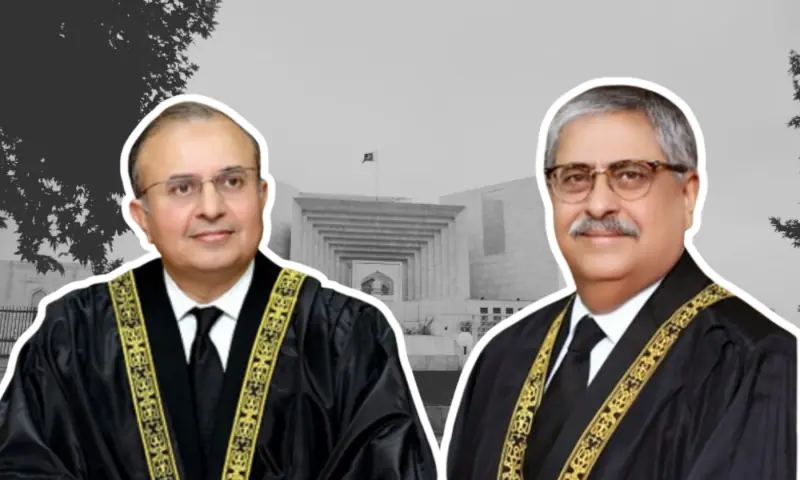Eighteen years after the lawyers’ movement, when three friends and colleagues, bound by a shared belief in the Constitution, were tested once more, only two remained true to that promise.
Listen to article 1x 1.2x 1.5x
One of the most striking moments in A Man for All Seasons comes when Thomas More debates his hot-headed son-in-law, Roper, who insists that the law should be swept aside to catch the “devil”, meaning anyone dangerous or politically threatening. More responds with a powerful image: England is planted thick with laws, “like a forest”, and those laws protect everyone, even the people we despise.
Then More asks a piercing question: if you cut down every law to hunt your enemies, what will protect you when power turns and comes for you? Without the law, More warns, you will be standing in an open field with the winds blowing from every direction, completely defenceless.
This scene captures the core of the play: the rule of law is not a tool for the powerful but a shield for everyone, and once it is weakened for expedience, no one can control what comes next.
Yesterday, Pakistan lost two of its most brilliant jurists — Justices Syed Mansoor Ali Shah and Athar Minallah. Why that happened remains for history to answer. But their story did not begin yesterday. It began decades ago, in 1997, when three friends, united by a shared belief in the Constitution, established one of the most progressive law firms of the time: Afridi, Shah & Minallah. They had little more than their intellect, their conviction, and an unshakable refusal to compromise principle for power.
A decade later, that promise was tested. They stood by their principles, boycotting the Dogar court and taking to the streets as part of the nationwide lawyers’ movement to
Continue Reading on Dawn
This preview shows approximately 15% of the article. Read the full story on the publisher's website to support quality journalism.
